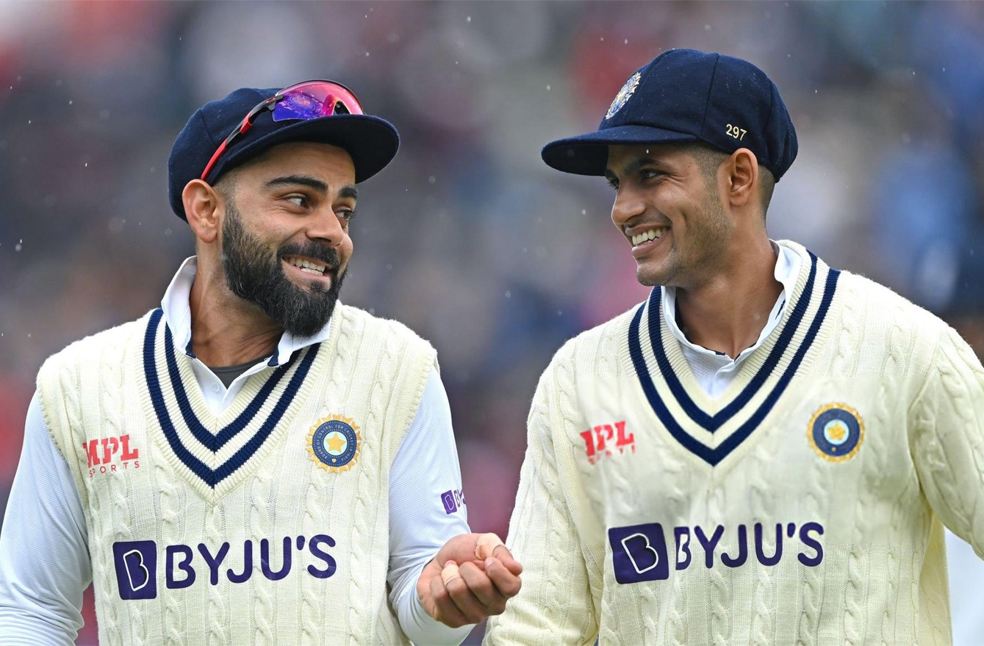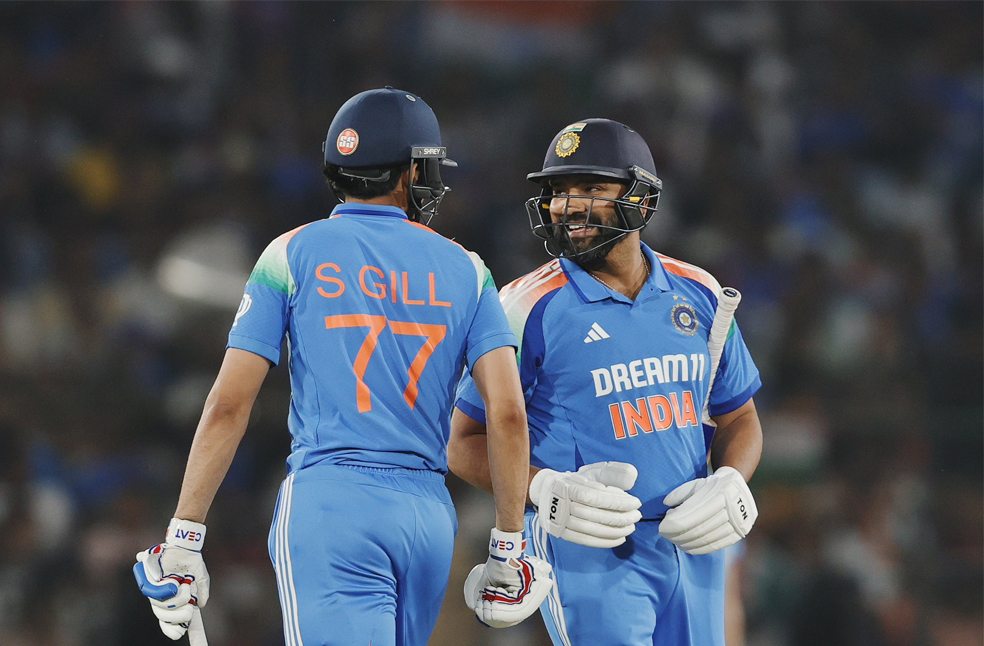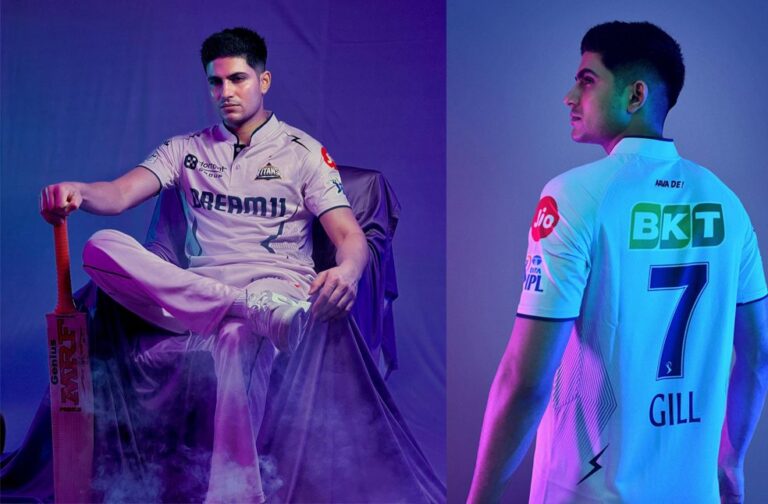New Delhi: The Board of Control for Cricket in India (BCCI) has put an end to the speculation by naming 25-year-old Shubman Gill as India’s 37th Test captain ahead of the five-Test series against England set for June.
Gill becomes one of the youngest to captain the Indian Test team, following in the footsteps of iconic leaders such as Mansur Ali Khan Pataudi, Sachin Tendulkar, Kapil Dev, and Ravi Shastri. This announcement comes nearly three weeks after Rohit Sharma’s sudden retirement from Test cricket.
Gill’s elevation signals a turning point for Indian cricket, as the squad he now leads will compete without some of its biggest names: batting greats Rohit Sharma and Virat Kohli, spin maestro R Ashwin who retired six months ago, and pace spearhead Mohammed Shami, sidelined due to fitness concerns.
𝐀 𝐧𝐞𝐰 𝐞𝐫𝐚 𝐛𝐞𝐠𝐢𝐧𝐬 ✨
Get ready to hear from #TeamIndia Test Captain Shubman Gill himself 🗣
Stay tuned for the full interview ⌛ @ShubmanGill pic.twitter.com/zWVlFdMD61
— BCCI (@BCCI) May 25, 2025
While the team is rich in young batting talent, it lacks the experience of Kohli and Sharma, and despite having quality bowlers like Jaspreet Bumrah, Ravindra Jadeja, and Mohammad Siraj, the bowling lineup still appears somewhat inexperienced.
The challenge is heightened by India’s long-standing struggle in England, where they have not won a Test series since 2007. Gill’s appointment followed intense deliberations involving chief selector Ajit Agarkar, coach Gautam Gambhir, and confidential discussions with other leadership contenders.
Though Jaspreet Bumrah was a natural candidate due to his previous role as vice-captain during the Australia tour, concerns about his ability to handle the workload of a grueling five-Test series led selectors to favor Gill.
Gill’s cricket journey began as a prodigy from Punjab, gaining early recognition in 2014 at under 15 when he scored 351 runs in a world-record opening partnership of 587 in the Punjab Inter-District ML Markan Trophy. These innings validated his family’s decision to relocate from the border village of Chak Kherewala to Mohali to provide him with better training opportunities. His consistent performances at junior levels fast-tracked him into India’s under-19 team, where he made a significant impact.

As vice-captain of India’s under-19 squad during the 2017-18 World Cup, Gill was the team’s highest run-scorer and played a match-winning unbeaten 102 in the semi-final against arch-rivals Pakistan. In the final against Australia, he contributed a valuable 31 runs to help India clinch the title. At that time, fellow under-19 captain Prithvi Shaw, who drew comparisons to Sachin Tendulkar for his schoolboy exploits, had a meteoric rise but struggled with consistency by 2020.
Gill’s senior cricket entry
Gill’s entry into senior cricket was marked by impressive performances in the Ranji Trophy, scoring a half-century and a century under the mentorship of Yuvraj Singh, which sharpened his technique and cricketing acumen. His Test debut came in December 2020 in Melbourne during India’s memorable series victory in Australia. Known for his tall, graceful stance and technically sound stroke play, especially in front of the wicket Gill earned the nickname ‘Prince’ from his family, which has become synonymous with his cricketing persona.
Though hailed as the next big thing and seen as a potential successor to Virat Kohli, Gill’s record in Tests remains promising but not yet spectacular, with 1,893 runs across 32 matches. Unlike Kohli, who established early dominance in Tests, Gill is still striving to consistently translate his talent into match-winning performances.

Currently captaining the IPL side Gujarat Titans, Gill’s first Test captaincy arrives at a crucial juncture. The upcoming England series will test his batting and leadership against the aggressive Bazball style and tough playing conditions.
This series also marks the start of a new World Test Championship cycle for India, following two finals appearances but a disappointing early exit in the most recent cycle. India’s recent Test form has been weak, with consecutive series losses to New Zealand and Australia.
As captain, Gill faces the dual responsibility of leading by example with the bat and managing a restructured team with fresh dynamics. Chief selector Ajit Agarkar expressed strong confidence in Gill’s leadership, emphasizing that the board is investing in him not only for this series but for the next five to six years to drive Indian cricket forward.
Gill’s appointment carries significant pressure but also great opportunity, positioning him to carve out his own legacy and potentially shape the future of Indian Test cricket during a period of transition.



